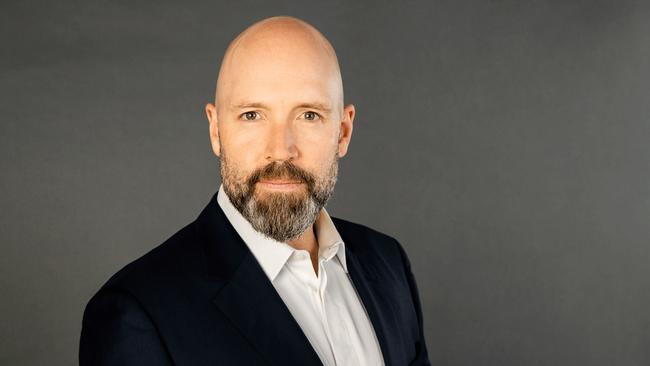
There’s another major strategic group that is believed to have been lining up for a tilt at Australia’s $1.4bn vitamin champion Blackmores – the Japanese multinational Suntory.
The family-backed Suntory out of Japan is thought to have been looking at the company in the past six months, and the understanding is that it was showing more than just some casual interest.
There’s some mutterings in the market that there could be some fresh corporate activity afoot with Blackmores, with its share price rallying since the start of this month, but is it Suntory that is around the hoop? And has any party actually approached the board?
They are the unknown parts of the equation.
Suntory’s rival Asahi was believed to have also taken a look at Blackmores, but some are of the view that the latter is being positioned as a stalking horse for another party, perhaps the former.
There’s been a handful of private equity groups that have also shown some persistent interest.
Backing up the view around the market that something is likely to be currently afoot with the iconic Australian vitamins company, is that it would make sense – because it ticks all the boxes when it comes to buyout opportunities in the current market.
Firstly, there’s a major strategic stake available for a party, given that former boss Marcus Blackmore has made no secret of the fact that he’s happy to part with his 22 per cent interest.
His publicly stated view is that the company – founded by his father Maurice – is better off under other management.
Mr Blackmore had been working with advisory firm Rothschild & Co in the past year or so to test buyer interest, while Blackmore’s defence adviser is Barrenjoey.
Many the buyouts of late have involved the suitor buying a major stake in their target (take InvoCare with interested acquirer TPG Capital buying a 19.9 per cent holding) or a major shareholder publicly signalling their intent to back a deal (the flagged intention of Mike Cannon-Brookes’ Grok Ventures to back Potentia Capital’s attempted buyout of Tyro Payments is an example).
Then, if you believe Mr Blackmore, there’s some easy opportunity for earnings upside in the hands of better management.
And while the stock may not be seen as cheap right now, it could be considered defensive in the current slowing economic environment with rising inflation.
Any acquirer can capitalise on the upside from China’s reopening for business, where its vitamin products are highly sought after, and with debt being more costly, it takes out the competition for strategic players from private equity, which frequently take out large loans for buyouts.
Suntory is listed in Tokyo with a JPY 1.5tn (AUD$17bn) market value, but the family owners control 59 per cent of the business through the Suntory Holdings company.
The business was founded in 1899 by Torii Shinjiro and is run by his grandson, Torii Takeshi.
While the company is best known for its whisky (it produces Jim Beam and its products are sold in over 30 countries), it also sells health and wellness products.
It competes with Asahi, distributing soft drinks and sandwich chains and is the third largest maker of distilled beverages in the world.
Kirin has held merger talks with Suntory in the past and it bough the Frucor and Orangina energy drinks business in 2013, one year before it purchased the Jim Beam producer.
In 2018, Suntory sold most of Cerebos Pacific assets, including Australian and New Zealand food business to Kraft Heinz for A$290 million.
But the transaction excluded Cerebos Pacific’s health supplements and fresh coffee business which later integrated into Suntory Beverage and Food Asia and Suntory Coffee Australia respectively.
At that time, its share price was $65 and its market value about $1.3bn.
On Tuesday, Blackmores shares closed at $76.91.
In 2016, Blackmores shares sailed over $200 as vitamins were hotly sought after by Chinese consumers.




To join the conversation, please log in. Don't have an account? Register
Join the conversation, you are commenting as Logout